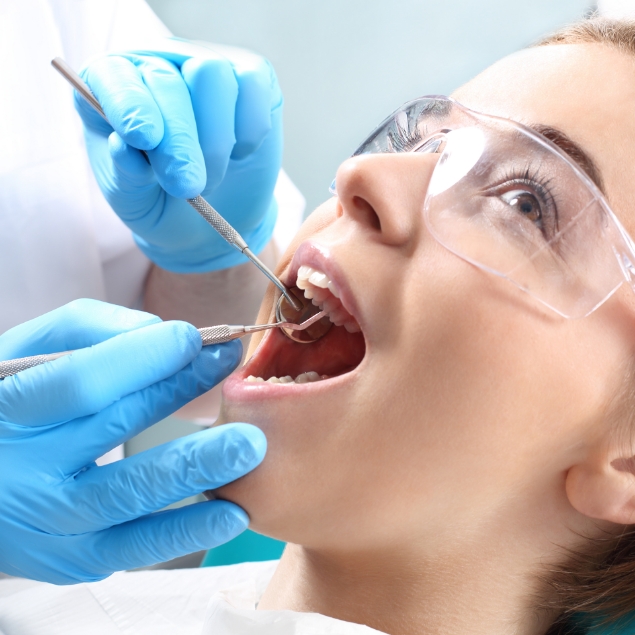
Root Canal Treatment Revesby
A tooth consists of hard material, called dentine, and a surface layer that protects the visible part of the tooth, called enamel. Below the gum line is the tooth’s root. The root anchors the tooth into the jaw and within each root, there can be multiple canal spaces.
The centre of a tooth is hollow and contains blood vessels, nerves and pulp, known as the Pulp Chamber. The pulp itself is a sensitive tissue that provides nutrients, oxygen, and feeling to the tooth and it takes up most of pulp chamber, spreading into the bottom of each root canal. While dental pulp controls the growth and development of the tooth during childhood, a tooth can function without its pulp once it is fully formed. If the pulp becomes infected, the entire space needs to be disinfected and treated. This is known as Root Canal Treatment.
A diseased pulp can be the result of advanced and untreated decay, trauma to a tooth, gum disease or untreated cracks.
Symptoms of an infected pulp include pain, sensitivity, infection, and facial swelling. In some cases, there are no symptoms and pulp infection is identified during a routine 6-monthly examination. If an infected pulp is untreated, it can lead to serious infection in the mouth and body, as well as bone loss in and around the area resulting in loosening of teeth, amongst other things.
Pulp infection is treated by Root Canal Treatment. This procedure usually involves a series of visits, depending on the severity of the infection. During the treatment, the decay and infection is removed, the root canals are treated and filled to stop re-infection and the tooth is sealed. A tooth that has had RCT may require a Crown at the end of the treatment as it can lose a lot of tooth structure and become weak.

We offer a 10% discount on our prices for Seniors (excluding Prosthodontics).


Revesby Dental Centre




Use the form below to drop us an email if you have any question or comments.
We offer a 10% discount on our prices for Seniors (excluding Prosthodontics).


